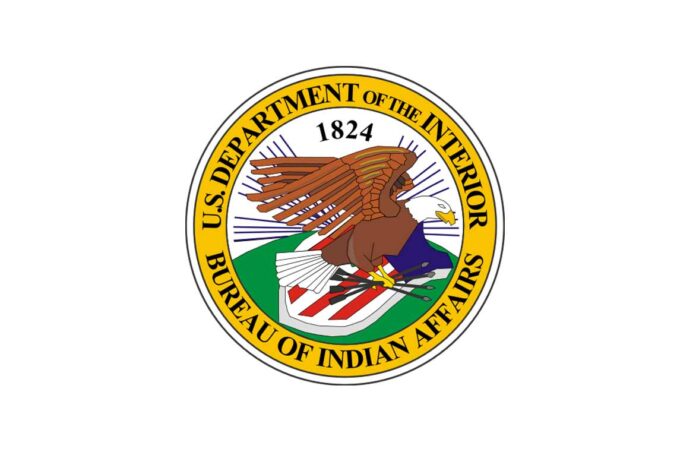WASHINGTON, D.C. – In remarks at the 2024 White House Tribal Nations Summit, Assistant Secretary for Indian Affairs Bryan Newland announced the publication of updated regulations that implement the Tribal Self-Governance program.
The Self-Governance program allows tribes to assume responsibility for administering programs and services that would otherwise be provided by the federal government to best meet the needs of their communities. Examples of programs that can be assumed include, but are not limited to, social services and law enforcement.
“For the past half century, the policy of tribal self-determination and self-governance has been an unqualified success,” said Assistant Secretary Newland. “We worked closely with tribal leaders to develop regulations to take the next step in ensuring that tribes, not federal agencies, are positioned to meet the needs of their people.”
The goals align with President Biden’s executive order on Reforming Federal Funding and Support for Tribal Nations to Better Embrace Our Trust Responsibilities and Promote the Next Era of Tribal Self-Determination, which requires agencies across the federal government to ensure federal funding for tribes is accessible, flexible, and equitable.
Among the changes, the new regulations require greater transparency in consultation on matters related to self-governance and set a more favorable standard for tribal management of investments. The regulations apply to programs operated by the Bureau of Indian Affairs and by other bureaus and offices throughout the Department of the Interior.
The revised regulations were developed in consultation with tribes in response to the Practical Reforms & Other Goals to Reinforce the Effectiveness of Self Governance & Self Determination for Indian Tribes Act, known as the PROGRESS Act. When she served in the House of Representatives, Secretary of the Interior Deb Haaland led passage of the PROGRESS Act to uphold the government-to-government relationship and fulfill the trust responsibility that the federal government has with tribal nations.
As directed by the PROGRESS Act, the updated regulations are the product of negotiated rule-making, a consensus-based process in which representatives of a federal agency and those who will be affected by the regulations negotiate the terms of a proposed administrative rule. Additionally, Interior held a series of tribal consultation sessions to received input from tribes.














































